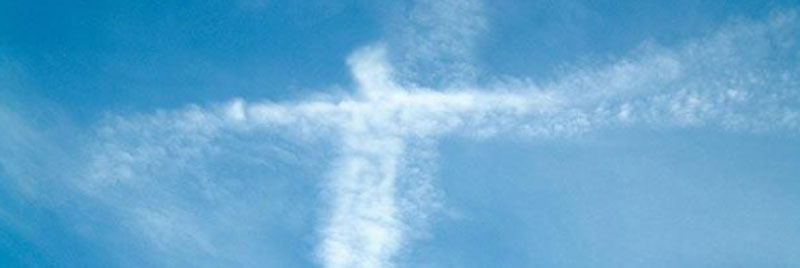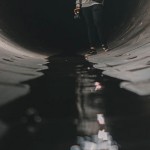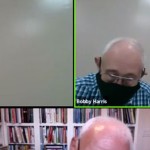A Pattern of Avoiding Profound Possibilities
What would it mean if religious people were found to be better at spotting patterns? Not more likely to want to see patterns. Not more likely to invest patterns with meaning when they find them. But actually to spot them? I suggest, in my latest Dust in the Light essay, that it could suggest that they are more adept at spotting God’s hand in the universe.
Be that as it may, people who amplify science tend to go too far in the opposite direction. They tend to construct conclusions with the first principle that God cannot exist:
If the study had found that people good at implicit pattern learning were disproportionately successful stock traders, our first hypothesis wouldn’t be that they “ascribe” patterns to the market’s animal spirits. It would be that they’re good at seeing patterns, which gives them an all-important edge in picking and choosing investments at split-second speeds.
Indeed, in that case, investment firms might start hiring Green to test their job applicants!
Nobody needs to be told that we’re in divisive times, right now, but we hear way too little about the most sure solution. Namely, that we should make a deliberate return to our sense that our civilization has equipped us with complementary institutions, and when we fall into hostilities, it’s very often because they aren’t staying within their boundaries.
If secularists refuse to allow science to acknowledge the possibility of God, they’re not doing science or observing reality. They’re leveraging a stronghold institution to mount what is fundamentally a religious attack on those who believe differently.
Conversely, if we put emphasis on the complementarity of science and faith, reason and revelation, and so on, we could start to find common ground.




